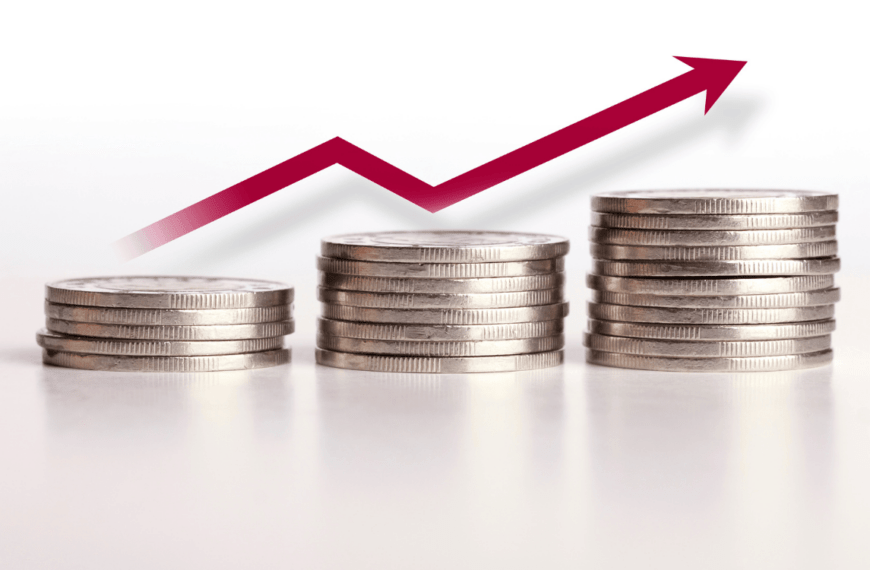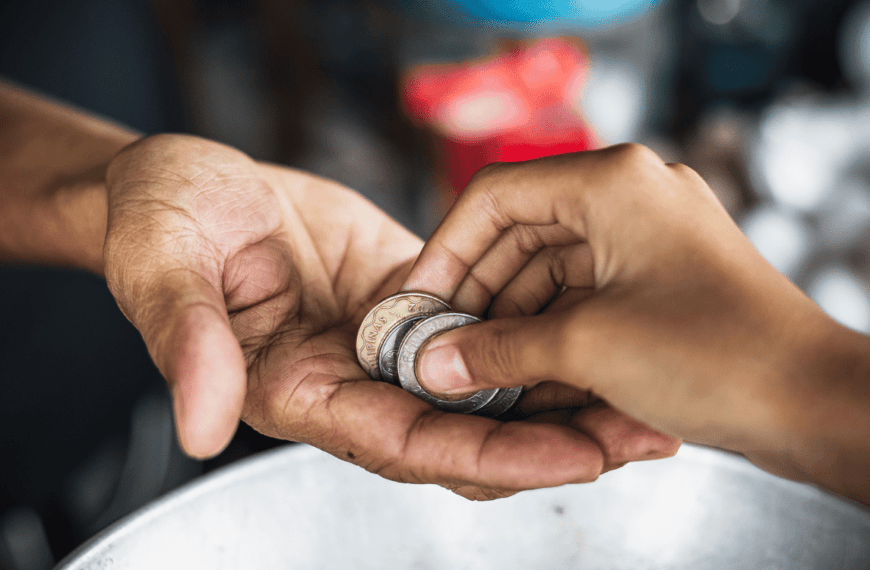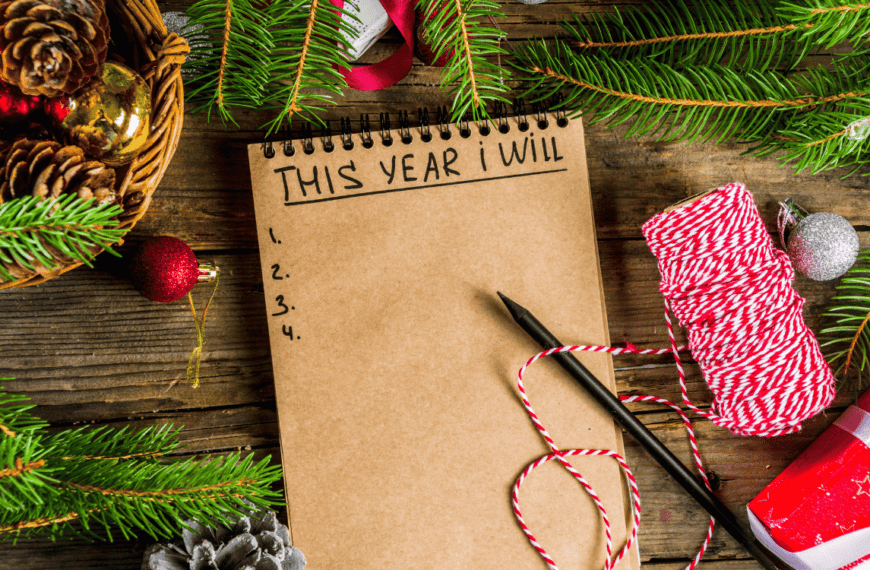
Self-reflection is an essential tool for personal growth and development. It allows individuals to assess their thoughts, feelings, and actions to understand themselves and their behaviour better. By reflecting on past experiences and behaviours, individuals can identify areas for improvement and make positive changes in their lives. It also helps individuals gain a clearer perspective on their values, goals, and priorities, guiding them in making important decisions. Self-reflection is a valuable practice leading to greater self-awareness, personal growth, and a more fulfilling life.
Just as most countries are coming out of lockdown, it ushers in feelings of renewal and energy with a new beginning. To support individuals keen on personal improvement and achieving excellence. I have built a learning and development program with the tools, guidance and coaching needed to succeed.
It all starts with finding yourself as an Individual to be able to design your path. Assess where you are now and identify where you would like to focus your efforts for the future to create an action plan. I provide free 1:1 career coaching for anyone who wants to work with a career coach as they navigate their career trajectories.
It is crucial to approach self-reflection with the understanding that its purpose is not to criticise or judge yourself for being inadequate. Instead, self-reflection evaluates your progress toward your goals, compares your current state to where you were before, and assesses how far you have come toward your desired destination. Remember this perspective as you explore the following tips and techniques for utilising self-reflection for personal growth.
Why Self-Reflection Plays a Vital Role in Personal Growth
Self-reflection holds a timeless significance in personal growth. Even in Ancient Greece, Socrates emphasised the value of examining one’s life, famously stating, “The unexamined life is not worth living.” Though this statement may sound extreme, it underscores the importance of evaluating our beliefs, attitudes, and actions for personal development and growth.
Engaging in self-reflection enables us to gain profound insights into ourselves, make necessary changes, and embark on a transformative journey of self-improvement. By dedicating time to reflect on our experiences and behaviours, we deepen our understanding of who we are and strive towards a more fulfilling life.
Setting goals for yourself in any aspect of life necessitates personal growth and stretching to attain those goals. Personal growth is an incredibly enriching experience, although its impact may only sometimes be apparent. It becomes evident over time as you achieve multiple goals.
However, it’s important not to believe that personal growth occurs in one significant leap. Instead, it is a daily process. By making incremental improvements every day, the cumulative effects accumulate, leading to substantial progress in your growth journey.
To achieve a level of proficiency that is twice as good as your current ability in six months, it is crucial to focus on continuous improvements starting today and every day after that.
You require a learning plan to help you identify the knowledge, skills and attitudes needed to become the person you want to be. Furthermore, it is essential to incorporate a daily practice of reviewing your performance and identifying areas for improvement. This process may seem daunting initially, but it is pretty straightforward.
By dedicating a small portion of time at the end of each day to self-reflection, you can ask yourself key questions that will help you pinpoint areas where you can grow and develop. By consistently engaging in this practice and actively following through on your learning, you will experience personal growth daily.
Great questions for personal growth
At the end of each day, commit 15-20 minutes for a little personal growth reflection. You can use a pen and paper if you find it helps. Ask yourself some key questions based on what you are trying to improve. The following questions are just some guidelines which you can adapt to meet your needs:
1. Where could I have been more effective today?
Nobody is 100% effective every day. You will have made some mistakes which will have slowed you down, cost you time and impacted the quantity or quality of the work you completed. Once you have identified any incident(s) where you feel you were not effective, examine the incident thoroughly; without judging yourself. Focus on what went wrong and why you think it went wrong; until you feel you completely understand the incident.
Once you understand the incident, determine how you would have liked to deal with the incident differently. You can use your visualisation skills to replay the incident in your mind as you would like it to happen in future.Next time the situation arises, implement the new desired behaviour where personal growth occurs.
“When we can no longer change a situation, we are challenged to change ourselves”. Viktor E. Frankl
2. Where could I have performed better in role ‘X’?
You may have several roles, e.g. Student, Father/Mother, Employer/Employee, Son/Daughter, Sports coach, Leader in your church etc. There are countless possibilities. You can improve your performance in any one of these areas. By reflecting on your performance in the role and how you could perform better in the future, you can ensure that you and those you interact with in that role; enjoy a much happier and healthier experience.
For example, if you have children and constantly strive to be a better parent, you and your kids will benefit immensely. Of course, your partner will also benefit from an improved atmosphere in the house. A better parent-child relationship will also ensure that you and your kids will take that improved happiness into your interactions with others.
If you want to grow consistently, you need to reflect daily.
3. Where could I have been more compassionate?
Your ability to be compassionate can impact every area of your life. You do not have to agree with others, but taking the time to care goes a long way. When things go wrong, it is easy to jump down someone’s throat and assume the moral high ground, but easy is not always correct. If you are anything like me, you probably already look back on specific incidents and feel guilt and regret about how you treated others.
You may have meant no harm, and in the long run, you did not harm. But it is crucial to hold yourself to a high standard, and treating others with respect, compassion, and dignity is as high a standard as any. You do not have to judge yourself or beat yourself up but accepting that you could have behaved better and striving to be better in future is a critical component of personal growth.
Reflection is just one element of an excellent lifestyle.
4. How could I have been more assertive today?
Assertiveness is all about standing up for yourself while respecting others. If you feel poorly treated, you can defend yourself and demand better treatment. However, there is a way to do so and many ways to avoid doing so. You may win the argument if you are too aggressive, but you will irreparably damage the relationship. If you are too passive, people will ignore your concerns and keep walking all over you. Assertiveness is where the balance lies.
People know what you will and will not tolerate, but they also know that you want to have a relationship with them based on mutual respect. Assertiveness breeds happy, healthy, honest, and open relationships. No matter what you want to do with your life, you are going to need the help and support of others, so; it is worth your while to take the time to build these relationships. If you are not already assertive, developing your assertiveness muscles takes a lot of practice. Personal reflection is one of the best tools to help you identify ways to improve your assertiveness and increase your personal growth.
“You will either step forward into growth or backward into safety”. Abraham Maslow.
5. Where can I be more [insert skill or characteristic]?
Whatever you try to improve, you will probably not succeed immediately. You need to monitor your performance and identify areas for improvement actively. Daily personal reflection is one of the best tools available for this purpose. Given how easy it is to implement and will it has many benefits that you derive from it, there is no reason not to implement personal reflection in your life.
If you want to make significant changes in your life, you need to set practical goals.

Discovering the Importance of Self-Reflection for Achieving Personal Growth.
Reflecting on the past and analysing it for patterns is crucial to learning. Like a football coach reviewing a game with their players, the purpose is not merely for entertainment but to identify each player’s contributions to a win or loss. By recognising patterns and recommending strategy changes, the coach helps the players improve their performance in the next game.
This post-mortem analysis extends beyond sports. In a poetry slam, for instance, performers often watch videos of their performances to identify improvement areas and note unexpected audience reactions to their words or gestures. Reflecting on our actions and attitudes is a fundamental tool for athletes, performers, and anyone seeking personal growth. It helps us identify areas where change is needed, acknowledge our growth, and maintain momentum towards our personal development goals.
Self-reflection sets us on a path towards a more examined life. By utilising starting resources, we can establish a baseline and gain awareness of our current position, needs, and aspirations for happiness, success, and fulfilment in our careers.
Most times, the way could be more transparent, but you want to start anyway. At the beginning of the first step, other steps become more apparent. Israel more Ayivor
Discovering the best method of self-reflection that suits you is crucial. Writing in my journal is effective as it allows me to focus and contemplate my answers before putting them on paper. However, everyone’s preferences vary. You might do your best thinking out loud. Utilising a voice recorder app on your phone can be helpful in that case.
Remember, the key is to find what works best for you. Embarking on a journey of self-reflection is the first step towards leading a more examined life. Begin by reflecting on the following questions:
- What are my strengths? Take note of the things you excel at and the qualities that make you proud. Recognising your strengths is essential for building self-confidence and leveraging your unique abilities.
- What are my weaknesses? Identify your personality traits or habits that hinder your effectiveness or personal growth. Acknowledging your weaknesses allows you to work on self-improvement and develop strategies to overcome challenges.
- What brings me happiness? Take the time to identify the aspects of your life, both big and small, that bring you joy and fulfilment. By understanding what makes you happy, you can prioritise these elements and cultivate a more fulfilling life.
- What diminishes my joy? Reflect on the factors that cause you stress, anxiety, or negative emotions. It could be certain situations, relationships, or habits. Recognising these joy-dimming factors empowers you to make conscious choices and take action to reduce their impact on your well-being.
- What changes would I like to make in my life? Consider the areas of your life where you desire improvement or transformation. This could include personal, professional, or lifestyle changes. Clearly defining the changes you want to make allows you to set goals, develop action plans, and move towards a more fulfilling and purposeful life.
Taking the time to reflect on these questions allows you to gain valuable insights into yourself, your desires, and areas for personal growth. Embrace self-reflection as a tool for self-awareness and positive change.
The Daily Practice of Self-Reflection
The self-reflection exercise is a strong starting point to identify and develop plans to achieve your personal growth goals. However, the true magic happens when you integrate self-reflection into your daily routine. By incorporating a short self-reflection session at the end of each day, you can quickly check in to assess your accomplishments, express gratitude, and contemplate areas where you could have done better.
This daily practice of self-reflection allows you to consistently stay connected with your thoughts, actions, and emotions. It provides an opportunity to celebrate your achievements, acknowledge moments of gratitude, and recognise areas for improvement. By dedicating regular time to reflect upon your experiences, you can fine-tune your strategies and make each day more fulfilling and purposeful.
Remember, self-reflection is not about dwelling on mistakes or shortcomings but about understanding and growth. It is a powerful tool for self-awareness and personal development, guiding you towards a more fulfilling life. Embrace the practice of self-reflection as an integral part of your journey towards self-improvement and excellence.
However, it is crucial to prioritise setting aside time once a month to reflect on the past few weeks and evaluate your progress. Take the opportunity to assess how far you have come, identify areas for improvement, and plan your strategies for the future. These extended reflection periods allow you to celebrate your achievements, acknowledge where you may have fallen short of your aspirations, and refine your plans to make the upcoming month even more successful.
As stated earlier, personal growth only happens in one go. You need to work each day to ensure consistent growth. Sure, some days you will achieve more growth than others, but each day’s continual flow of personal development and learning impacts your life. Whatever you are trying to improve in your life, identify some core questions which will allow you to reflect accurately upon your progress and identify the changes you need to make. Implement those changes, and you will begin your journey of personal growth.











